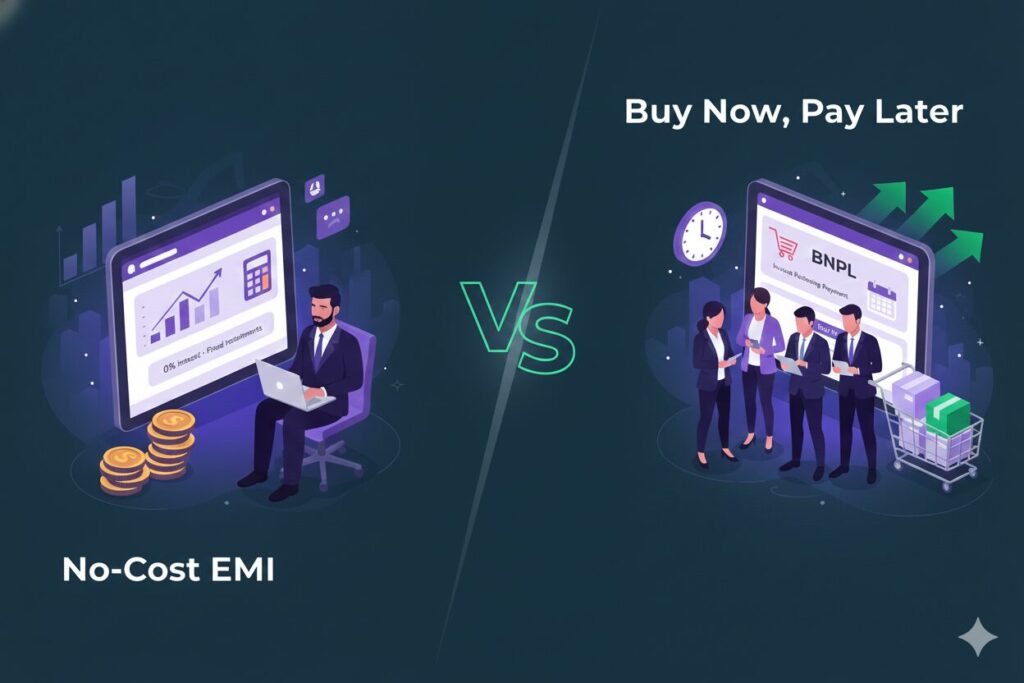In today’s fast-moving digital economy, enterprises need more than a bank account to handle payments. They need a reliable Payment Aggregator for Enterprise, a platform that unifies payment methods while ensuring robust security, uptime, and compliance.
What Is a Payment Aggregator for Enterprise?
A Payment Aggregator (PA) is a licensed entity that enables businesses to accept payments from multiple channels credit cards, debit cards, UPI, wallets, and net banking, without building separate integrations with each bank or provider.
Think of it as the bridge between your enterprise and the entire digital payments ecosystem, reducing effort, accelerating time-to-market, and simplifying compliance.
Why Enterprises Choose a Payment Aggregator
- Single integration: Access UPI, cards, wallets, and net banking with one connection.
- Lower complexity: Avoid the cost and effort of contracting with multiple banks.
- Operational efficiency: Centralized dashboards, reconciliations, and reporting.
- Compliance-first: Meet regulatory and security standards at scale.
- Scalability: Handle enterprise volumes with high availability and performance.
Example: If you want to offer Net Banking, you could integrate with many banks one by one or use a Payment Aggregator for Enterprise to unlock them all via a single, unified interface.
How a Payment Aggregator Works
- Secure capture: The aggregator securely collects the payment on your website or app.
- Smart routing: The transaction is processed via the chosen method (UPI, card, wallet, net banking).
- Settlement: Funds are transferred to your enterprise account on a defined T+1 or T+2 cycle.
Note: The technology that moves payment data between customers, merchants, and banks is the Payment Gateway. Many Payment Aggregators have an in-house gateway or integrate with third-party gateways.
Enterprise-Grade Capabilities
Multiple Payment Methods
UPI, cards, EMI, net banking, and wallets via one API.
Advanced Security
Tokenization, risk controls, and fraud monitoring.
Reconciliation & Reporting
Centralized dashboards and easy settlement tracking.
High Availability
Scale reliably during peak traffic and events.
Banks-Only Integrations vs Payment Aggregator
| Aspect | Multiple Bank Integrations | Payment Aggregator for Enterprise |
|---|---|---|
| Setup Effort | High (many contracts & APIs) | Low (single contract & API) |
| Time-to-Market | Slow | Fast |
| Maintenance | Ongoing, fragmented | Centralized & streamlined |
| Payment Methods | Limited to bank partners | Broad coverage (UPI, cards, wallets, net banking) |
FAQs: Payment Aggregator for Enterprise
1. What is a Payment Aggregator for Enterprise?
A Payment Aggregator for Enterprise is a licensed provider that enables businesses to accept UPI, cards, EMI, wallets, and net banking through a single integration, without signing separate contracts with multiple banks or providers.
2. How is a Payment Aggregator different from a Payment Gateway?
A Payment Aggregator manages merchant onboarding, settlements, and compliance, while a Payment Gateway is the technology that securely routes transactions. Many aggregators use their own gateway or integrate with third parties.
3. What settlement cycle do Payment Aggregators follow?
Most Payment Aggregators follow a T+1 or T+2 settlement cycle, meaning funds are transferred to the merchant’s account one or two working days after the transaction.
4. Why should enterprises use a Payment Aggregator instead of multiple bank integrations?
Enterprises save time, resources, and operational effort by using a Payment Aggregator. Instead of integrating with each bank, they can enable multiple payment methods at once with centralized reporting and compliance management.
5. What payment methods are supported by Payment Aggregators?
Payment Aggregators support UPI, debit/credit cards, EMI, net banking, and digital wallets. This ensures enterprises can cater to diverse customer preferences with one integration.





